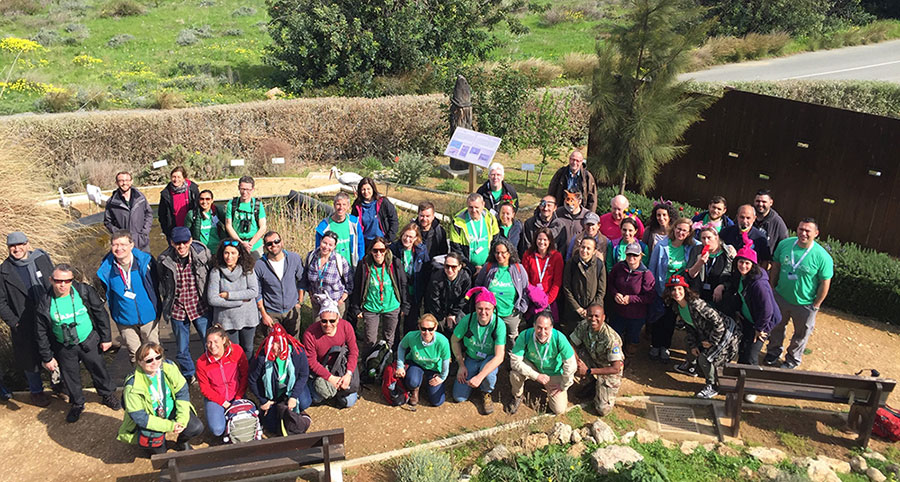
Increasing understanding of alien species through citizen science (COST Action CA17122)
The Action will address multidisciplinary research questions in relation to developing and implementing Citizen Science; advancing scientific understanding of Alien Species dynamics while informing decision-making, specifically implementation of technical requirements of relevant legislation such as the EU Regulation 1143/2014 on Invasive Alien Species.
For information relating to COST participation rules and guidelines please visit the following page of the COST website.
If you would like to participate in the Action, please contact us by using our contact form.
For updates on the Action please subscribe.
COST Action CA 17122 currently 38 countries participate. Aim: Increasing understanding of alien species through citizen science. Visit our Twitter page.
Information about the Action's upcoming events (e.g., workshops, meetings and training schools) can be found on the Future Activities page.

